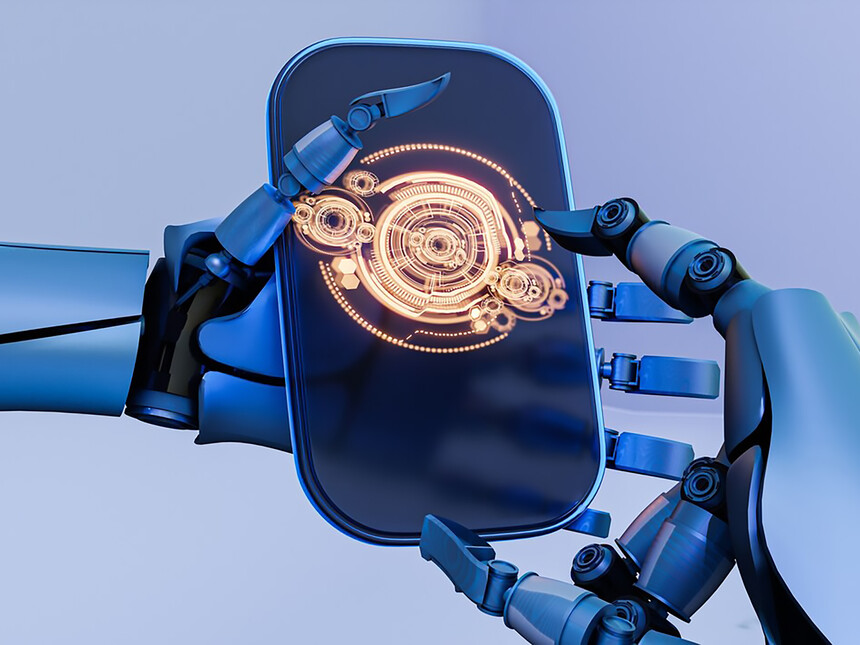Key Takeaways
- Generative AI is growing rapidly but relies heavily on the exploitation of low-wage workers and contributes to environmental degradation.
- The environmental impacts of AI include high CO₂ emissions, excessive water use, and harmful waste from data centers.
- Overreliance on AI may weaken cognitive skills, leading to increased illiteracy and reduced critical thinking among users.
The Dark Side of Generative AI
Artificial intelligence (AI) tools like ChatGPT and Copilot are becoming ever more popular, with users turning to them for quick answers instead of traditional search engines. However, this rise brings significant challenges, particularly regarding labor exploitation, environmental concerns, and cognitive decline.
Generative AI operates using machine learning drawn from vast amounts of data, necessitating human input for training these systems. Unfortunately, many workers providing this data face precarious employment conditions, often earning below minimum wage without adequate protections. These data laborers, hired mainly through third-party companies, are crucial to the functioning of AI models but are frequently overlooked, raising ethical questions about the industry’s sustainability.
Environmentally, generative AI poses considerable issues. The electricity required to train and operate these systems generates substantial CO₂ emissions. Data centers, essential for AI functionality, exacerbate the situation through their energy consumption and production of harmful waste containing materials like lead and mercury. Furthermore, these facilities consume six times more water than Denmark, highlighting unsustainable consumption practices that communities cannot afford.
Another alarming consequence of widespread AI usage is its impact on cognitive development. Users, especially students, increasingly rely on AI to complete their tasks, opting for quick solutions over traditional research methods. This dependency not only facilitates academic work but might also stifle essential problem-solving and analytical skills. Without the necessity to engage deeply with material, younger generations may suffer from diminished comprehension capabilities, potentially leading to increased illiteracy rates.
Overall, while generative AI offers conveniences in daily life, the hidden costs—ranging from environmental destruction and worker exploitation to cognitive decline—demand critical examination. Balancing technological advances with their societal implications remains a pressing challenge as reliance on these tools continues to expand.
The content above is a summary. For more details, see the source article.















